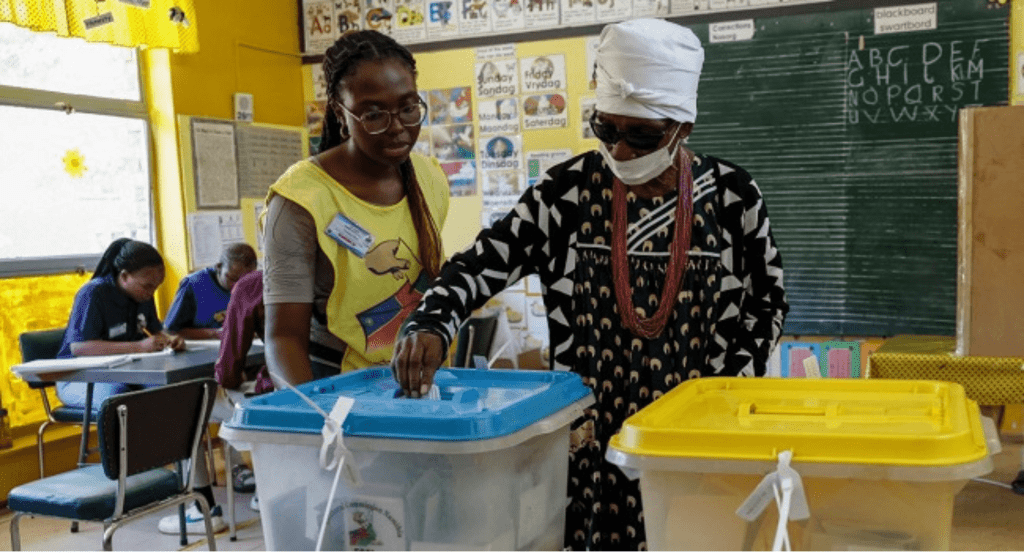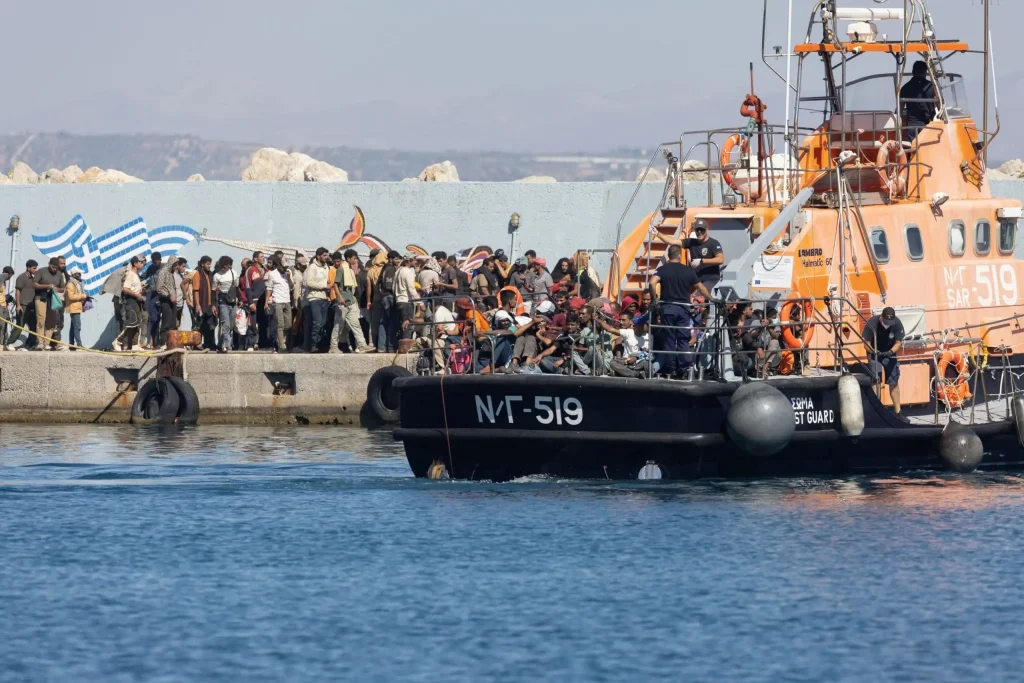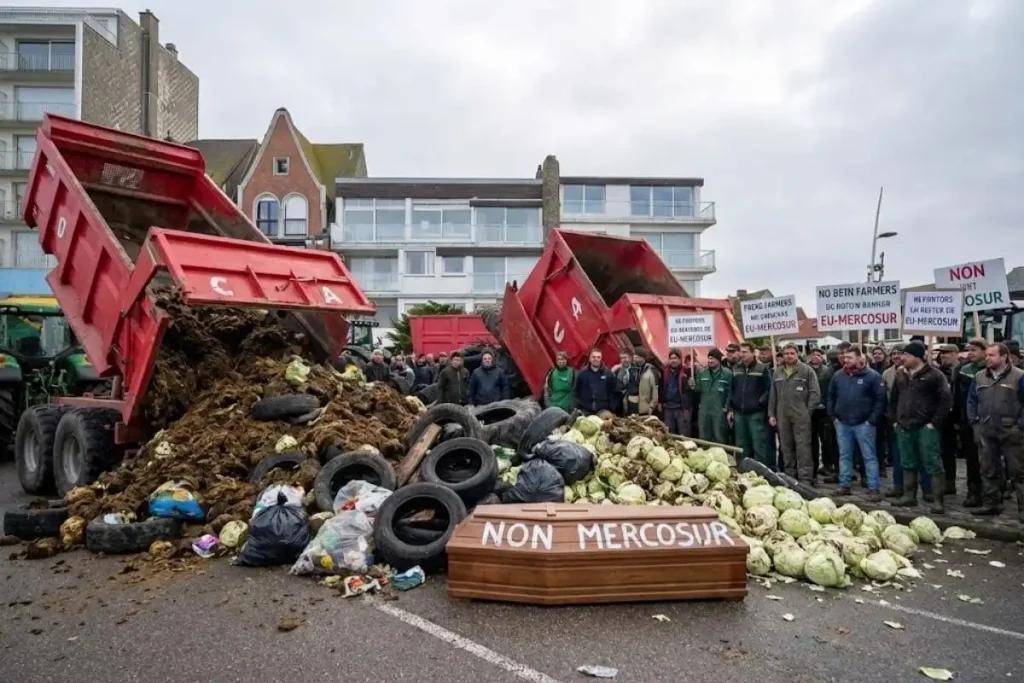Namibia is at a critical political crossroads as voters head to the polls in a general election widely seen as the toughest test for the ruling SWAPO (South West Africa People’s Organization) party since its dominance began in 1990. The elections are set to determine both the presidency and the composition of parliament.
For over three decades, SWAPO has been the cornerstone of Namibian politics, but growing public dissatisfaction over unemployment, corruption, and inequality has eroded its once-solid support base. The party’s candidate, incumbent President Hage Geingob, is not seeking re-election, but his successor, Netumbo Nandi-Ndaitwah, hopes to retain the presidency under SWAPO’s banner.
The main opposition parties, including the Popular Democratic Movement (PDM) and the Independent Patriots for Change (IPC), are leveraging the ruling party’s perceived failures to gain voter support. Bernardus Swartbooi of the Landless People’s Movement (LPM) has also gained traction with promises of reform and economic revival, adding complexity to the race.
Namibia’s economy, heavily reliant on mining and fishing, has faced setbacks exacerbated by the COVID-19 pandemic and global economic instability. Youth unemployment remains alarmingly high, fueling calls for drastic policy changes. Opposition parties have vowed to tackle these issues with innovative solutions, including diversification of the economy and increased government accountability.
The elections are also a litmus test for Namibia’s democracy, with international observers closely monitoring the process to ensure transparency and fairness. The Electoral Commission of Namibia (ECN) has pledged to conduct free and credible elections, deploying advanced voting technology to expedite the process.
Despite SWAPO’s legacy as a liberation movement, its electoral dominance is being challenged by a younger electorate demanding tangible results. Analysts suggest the elections could lead to a significant reshaping of Namibia’s political landscape, with potential implications for the wider Southern African region.
Polls are expected to close tonight, with preliminary results anticipated in the coming days. The outcome will determine whether SWAPO retains its long-standing grip on power or if Namibia ushers in a new era of political leadership.























